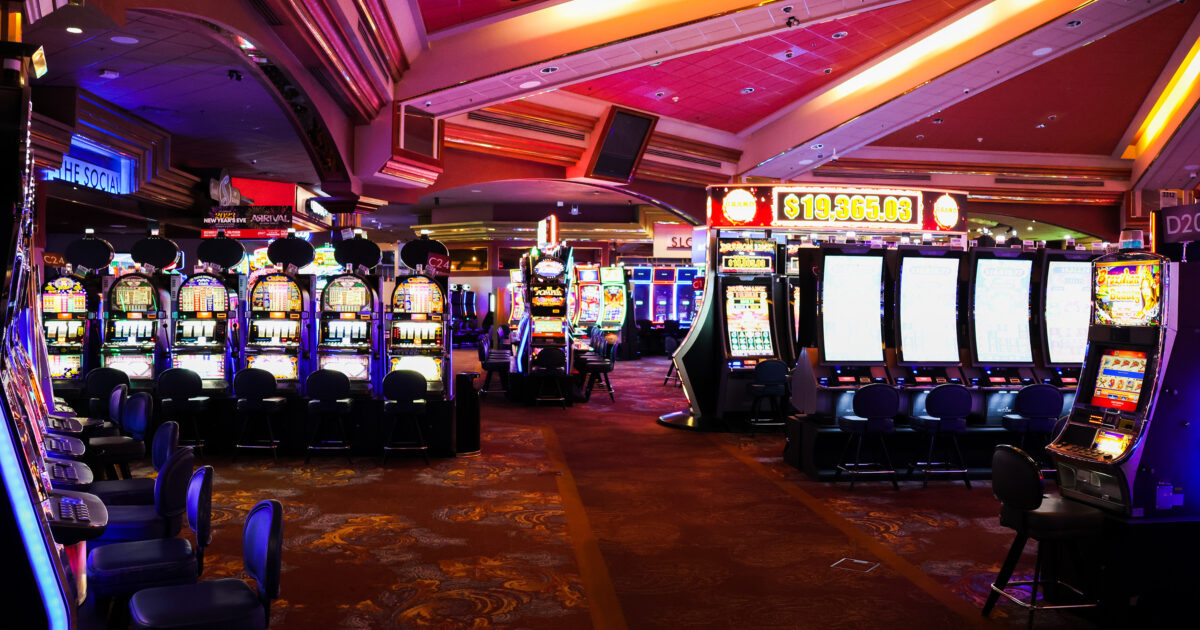Latest in Casino News: Latest Developments in Gaming Regulations

A realm of gambling games is continuously evolving, influenced by changing laws, technological progress, and evolving player preferences. While governments and regulatory bodies strive to create a safe and fair space for players, the landscape of gambling laws is experiencing major modifications. Grasping these shifts is essential for both casino operators and players looking to explore the exciting yet complicated world of gaming.
In recent times, various areas have suggested and enforced new regulations aimed at enhancing the protection of players while promoting safe gambling. These updates not only impact the varieties of casino games offered but also how they are marketed and obtained. In this piece, we will explore the latest regulation changes, their implications for the gambling sector, and that which players can look forward to as they interact with their preferred gambling games.
New Legislative Frameworks
Current developments in gambling legislation are influencing the direction of gaming games across different areas. Regulators are recognizing the need for a robust regulatory framework that not only shields gamblers but also ensures equitable play and accountable gambling. These guidelines are designed to address challenges such as online gaming, virtual currencies, and advancements in technology, reflecting the evolving setting of the gaming industry.
One significant development is the adoption of more stringent policies regarding openness and player security. Gaming establishments are now required to offer clear details on probabilities, winnings, and the possible risks associated with betting. trực tiếp đá gà 88 This shift aims to enable players by helping them make educated decisions while also assisting to combat gambling addiction through accountable gaming practices. Operators are required to establish self-restriction programs and offer resources for players seeking support.
Additionally, new regulations are being implemented to new innovations such as augmented reality and blockchain in gaming platforms. Authorities are developing guidelines to ensure that these advancements maintain fairness and fairness while also protecting gambler privacy. As the sector evolves, regulators are adjusting to ensure that developments enrich the casino experience while protecting both gamblers and entities.
Effect on Gaming Diversity
The new updates in gaming regulations have opened new avenues for games, allowing for greater creativity and variety within the sector. As authorities refresh their standards, game developers are motivated to create original gaming experiences that address a wider demographic. This has led to a diverse array of fresh titles, incorporating various themes, genres, and systems that were formerly ignored or constrained by more rigid rules. bj88 đá gà
With a more flexible set of rules, gambling venues are now able to try out various types of games, including skill-based games and engaging experiences. This change has produced a rise in hybrid games that combine conventional gambling features with contemporary gameplay trends, such as video gaming and AR. By expanding the variety of games available, casinos can attract not only seasoned gamblers but also non-professional players who may favor more unique options.
In addition, the development of rules has highlighted clarity and fairness in gaming, which could foster greater player confidence. As a consequence, consumers are more willing to try a broader selection of games, understanding they are participating in services that adhere to new standards. This growing confidence enhances engagement and can ultimately drive financial success as more varied offerings meet varying preferences and audiences in the gaming community.
Upcoming Developments in Regulation
As the gaming landscape evolves, authorities are progressively focused on adopting tech-driven solutions to enhance openness and fairness. The incorporation of crypto technology into gaming games is projected to gain momentum, allowing for greater oversight of operations and ensuring that activities remain equitable and secure. This transition could lead to a regulatory framework that welcomes these innovations, promoting faith among participants and operators alike.
In addition to technological integration, there will likely be a greater emphasis on prudent gaming practices within the regulatory environment. Authorities are expected to implement stricter measures to promote player protection, including required self-exclusion systems and robust age verification processes. This shift aims to protect at-risk populations while ensuring that the enjoyment of casino games is preserved for responsible gamblers.
Lastly, as online gaming continues to increase globally, harmonization of regulations across different areas will become a urgent need. Countries may strive to work together more closely on common standards for certification, operation, and taxation. This could lead to a more streamlined regulatory process for global operators, fostering a greater acceptance of digital casino games while maintaining strong of gambler protection and honesty in the gambling industry.
